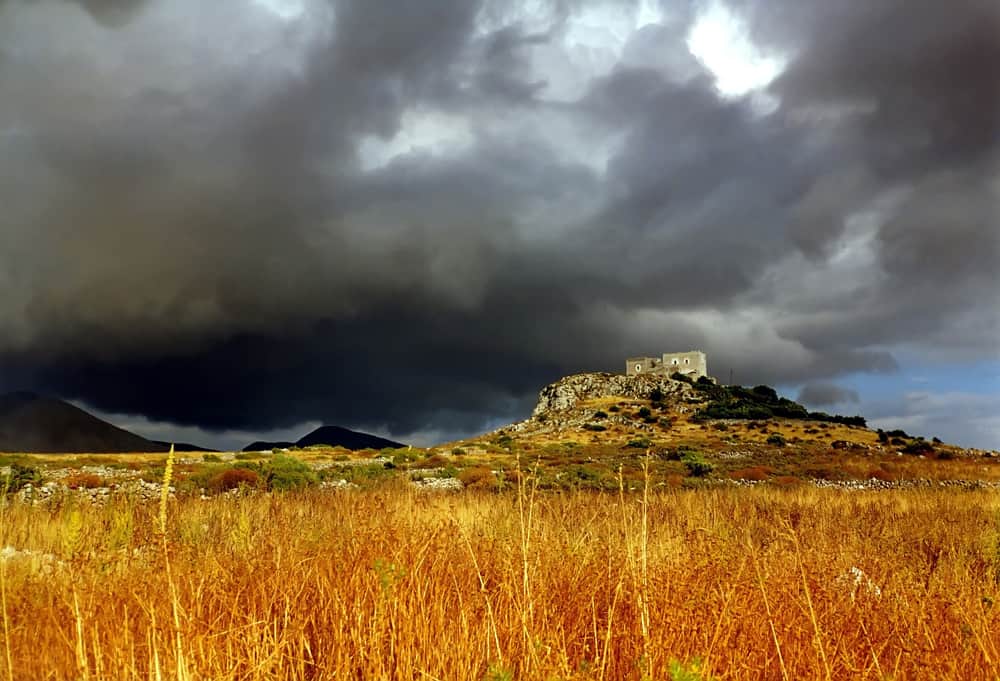For those who are looking to visit a place while having a unique experience, they may explore alternative tourism options.
This type of tourism refers to experiencing a location from a point of view different from those available through mass tourism options.
For example, one might explore only the churches in a city, or based on a minority ethnic group represented in its population.
The general consensus in defining alternative tourism is that this type of travel allows the tourist and the locals to become better acquainted with one another.
Environmentally focused tours have usually been considered alternative tourism options but there are many other options with different approaches.
Many people travel with the wish of being immersed in the culture they are visiting, and not only a spectator.
Through this kind of tourism this wish becomes a reality and the traveler can look, hear and feel his host community as an insider.
Some options of alternative tourism include Natural Travel which focuses on the natural resources of a location, their preservation and diversity.
While some opportunities may focus on conservation, others include adventure (for example zip-lining over a tree canopy) and the overall exposure to our natural environment.
By contrast, some alternative tourism may focus on exploring the culture of different places. Some may take a religious tour of a region, participated in archeological digs, or become familiar with the farmlands.
The traveler will have the distinct opportunity to interact with the local culture and learn from it directly from its members.
Pop culture tourism, for example, focuses on seeing famous sites where pop culture figures live, work, etc. as well as well-known entertainment industry landmarks.
More obscure types of alternative tourism include ghost tourism, where the traveler visits different allegedly haunted sites and learns about their history.
Disaster tourism is a fairly new type of travel where the tourist reaches out to areas afflicted by natural or man-made disasters to offer help. For example, Hurricane Katrina’s impact in New Orleans generated a great deal of this type of travel.
Sustainable tourism is sometimes used as an overarching term for some alternative forms of tourism and it refers to the idea that tourism through any region should be an enriching activity for both the traveler and the host and it should not be to anyone’s detriment.
It is anticipated that this form of traveling will actually become more mainstream in future years.
The lesson to be taken away from learning about alternative tourism is that there are many ways of experiencing a culture and geographic location.
Whereas mass travel arrangements definitely have a place in the tourism industry and is well-received by many, there is now a tendency towards being able to travel while leaving a positive impact on the places visited.
Younger generations have adapted this form of travel and have been successful in traveling the world while leaving a legacy in many communities.
So if you are a traveler that likes to explore beyond the usual tourist sites, you may want to inquire about out-of-the-ordinary options available to visit your next destination.
![Alternative Tourism - your next destination? 1 alternative tourism greece pindus , By SlavaBogur (Own work) [CC-BY-SA-3.0 (http://creativecommons.org/licenses/by-sa/3.0) or GFDL (http://www.gnu.org/copyleft/fdl.html)], via Wikimedia Commons](https://mindfultravelexperiences.com/wp-content/uploads/2013/10/Sarakatsan_Greece_Pindus-768x510.jpg)
![Alternative Tourism - your next destination? 2 alternative-tourism-greece-kantili, By Ggia (Own work) [CC-BY-SA-3.0 (http://creativecommons.org/licenses/by-sa/3.0)], via Wikimedia Commons](https://mindfultravelexperiences.com/wp-content/uploads/2013/10/alternative-tourism-greece-kantili.jpg)
![Alternative Tourism - your next destination? 3 alternative-tourism-greece-kantili, By Ggia (Own work) [CC-BY-SA-3.0 (http://creativecommons.org/licenses/by-sa/3.0)], via Wikimedia Commons](https://mindfultravelexperiences.com/wp-content/uploads/2013/10/alternative-tourism-greece-kantili1.jpg)

![Alternative Tourism - your next destination? 5 alternative tourism greece pindus , By SlavaBogur (Own work) [CC-BY-SA-3.0 (http://creativecommons.org/licenses/by-sa/3.0) or GFDL (http://www.gnu.org/copyleft/fdl.html)], via Wikimedia Commons](https://mindfultravelexperiences.com/wp-content/uploads/2013/10/Sarakatsan_Greece_Pindus.jpg)
![Alternative Tourism - your next destination? 6 alternative tourism greece agrafa, By costas78Costas78 at el.wikipedia [Attribution], from Wikimedia Commons](https://mindfultravelexperiences.com/wp-content/uploads/2013/10/Agrafa01.jpg)
![Alternative Tourism - your next destination? 7 alternative tourism greece crete, By ??????? ???? ??? ??... (originally posted to Flickr as dsc03633) [CC-BY-SA-2.0 (http://creativecommons.org/licenses/by-sa/2.0)], via Wikimedia Commons](https://mindfultravelexperiences.com/wp-content/uploads/2013/10/alternative-tourism-greece-crete.jpg)

![Alternative Tourism - your next destination? 9 alternative tourism greece paranesti, By Gymparanesti (Own work) [Public domain], via Wikimedia Commons](https://mindfultravelexperiences.com/wp-content/uploads/2013/10/Paranesti_forest1.jpg)